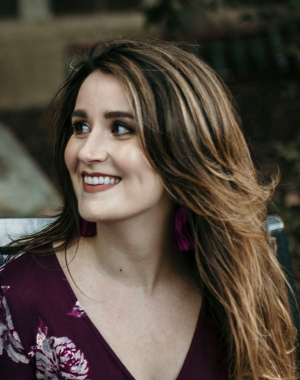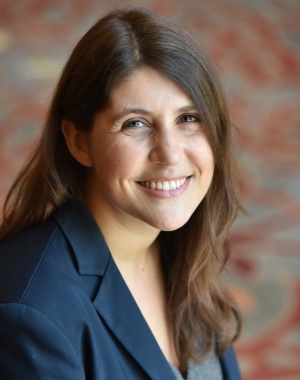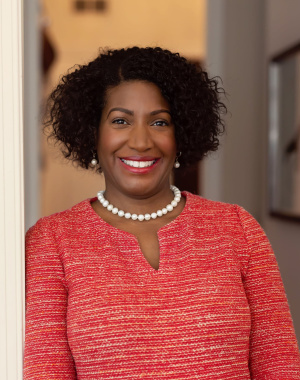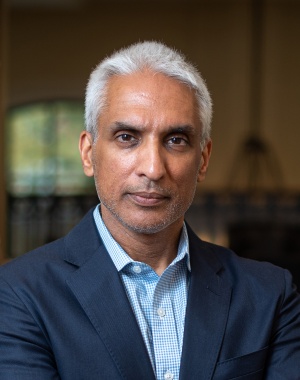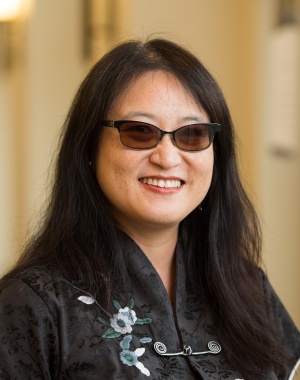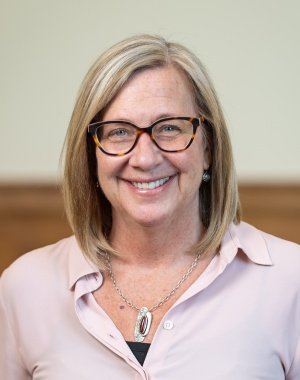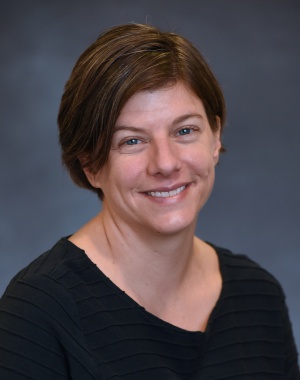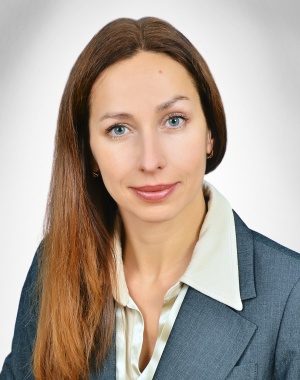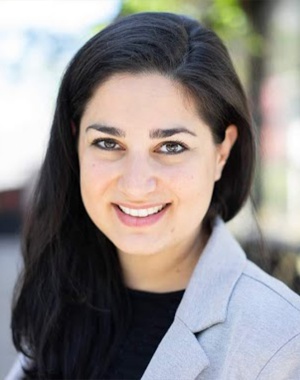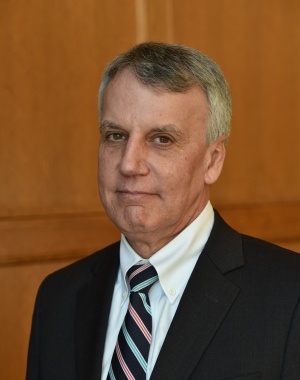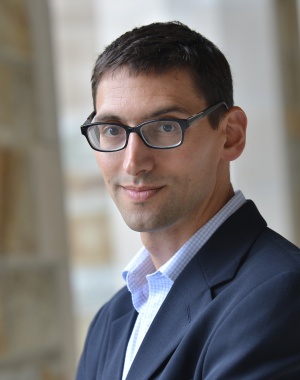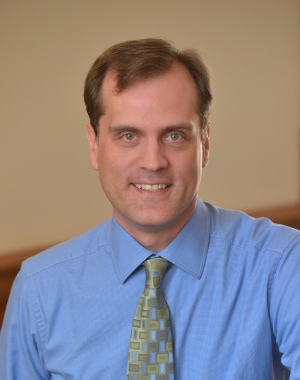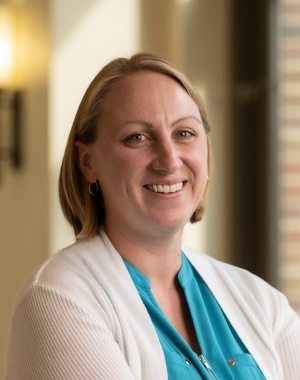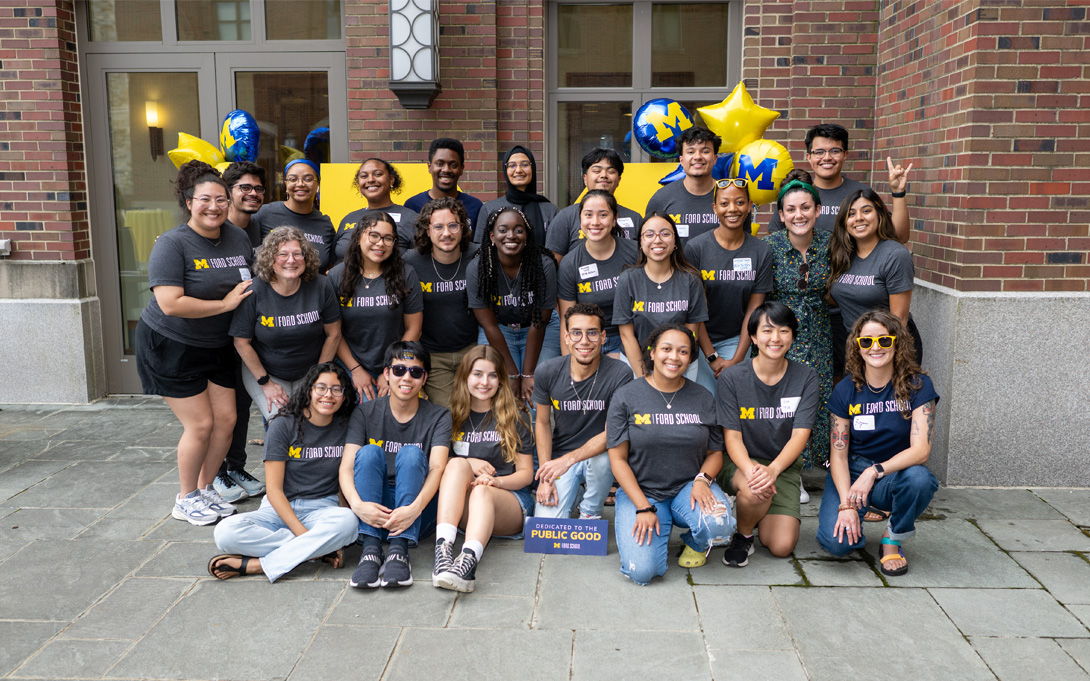
What are the dynamics of inequity in labor markets? How do we determine appropriate categories for people in a multicultural society? How is the U.S. approach to ethnicity and nationality different from what they are doing in Europe?
These were some of the questions asked of Ford School assistant professor Fabiana Silva as she met with the 2023 cohort of students participating in the Public Policy and International Affairs (PPIA) Junior Summer Institute. Over the wafting scents of Indian food, they engaged for 90 minutes, looking at discrimination, hate speech, enforcement systems, and social barriers to inclusion.
At one point, Silva commented, “You are asking amazing questions! I feel like I need to go do more research.”
The lunch meeting was one of the many such encounters the students had during their seven weeks in Ann Arbor, including similar meals with Ford School Dean Celeste Watkins-Hayes and many other members of the faculty and research center staff.
Luis Campos Santos, a political science major at Virginia Commonwealth University, said he particularly liked his conversation with Javed Ali. “With my concentration in international relations, I am very interested in cybersecurity and its implications. It is a new and exciting field, and so relevant today even in the news from Ukraine,” he said.
His determination to pursue an MPP in his future is now set in stone, he added.
Other lunch speakers included Ann Lin, Paula Lantz and Helen Levy, Joy Rohde and Kseniya Yurtayeva, John Ciorciari, and Amy Harris.
The case study presented by the General Accounting Office appealed to Cassandra Hernandez, from Claremont-McKenna College. She said exposure to the quantitative skills she was learning made her feel empowered to pursue her interest in LatinX and ChicanX studies and social justice. “I need that balance of the qualitative and quantitative to be able to give back to my community and push for equitable policies,” she said.
Lea Cohen from Davidson College agreed. “I can look at issues around the world with a new lens. PPIA has given me skills I will use to change the world!” The Diplomacy Lab about the migration crisis with diplomat-in-residence Lou Fintor also resonated.
“I have enjoyed learning about what graduate schools are looking for, and being with great people from all over. How can you top that?” she asked. The social activities included a trip to Detroit, swing dancing, a day at Independence Lake, and visits to U-M’s museums of Art and Natural History.
Tye Compton from Howard University echoed that he will be able to more effectively present arguments and understand other people’s perspectives on public interest law with this “wider academic palette.” Alex Ralph’s writing workshops will come in handy.
While studying microeconomics and statistics might seem a daunting way to spend the summer, Noon Bannaga from Michigan State University said she had been nervous, but then found, to her surprise, that she really enjoyed stats. She will use the experience to continue her studies in health policy and development policy, which are of particular interest to her after her upbringing in Africa and the Middle East. Thanks Jonathan Hanson, Sarah DeStefano, Stephanie Leiser, and Krysta December!
The University of Michigan and this program offer invaluable networks for the future. I loved building connections with this cohort,” reported Aaeshah Siddiqui, a political science and social work major from Oakland University. The students also met with several PPIA alums throughout the session.
Two students from Puerto Rico, one attending Haverford College and the other the University of Puerto Rico, had different career goals but found the PPIA equally valuable. Brian Melendez Garcia from UPR said the international aspects of the program were of greatest interest, as he wants to be a diplomat. His new friend Rafael Montero, wants to bring the learnings home and join the Puerto Rican legislature. They both said the diverse cohort was the best aspect of the summer.
Alexia Carrillo (MPP ‘23) had participated in the PPIA remotely during the COVID summer of 2020. This year she was able to be a program coordination assistant. Even remotely, she said the PPIA had a big impact on her, so she was happy to come full circle and finally experience it in person. “Being in PPIA was definitely one of the main reasons I came to get my MPP at the Ford School,” she said.
The PPIA Junior Summer Institute will begin accepting applications for the summer 2024 cohort in mid-September. Students interested in applying can find the application here once it has opened.
